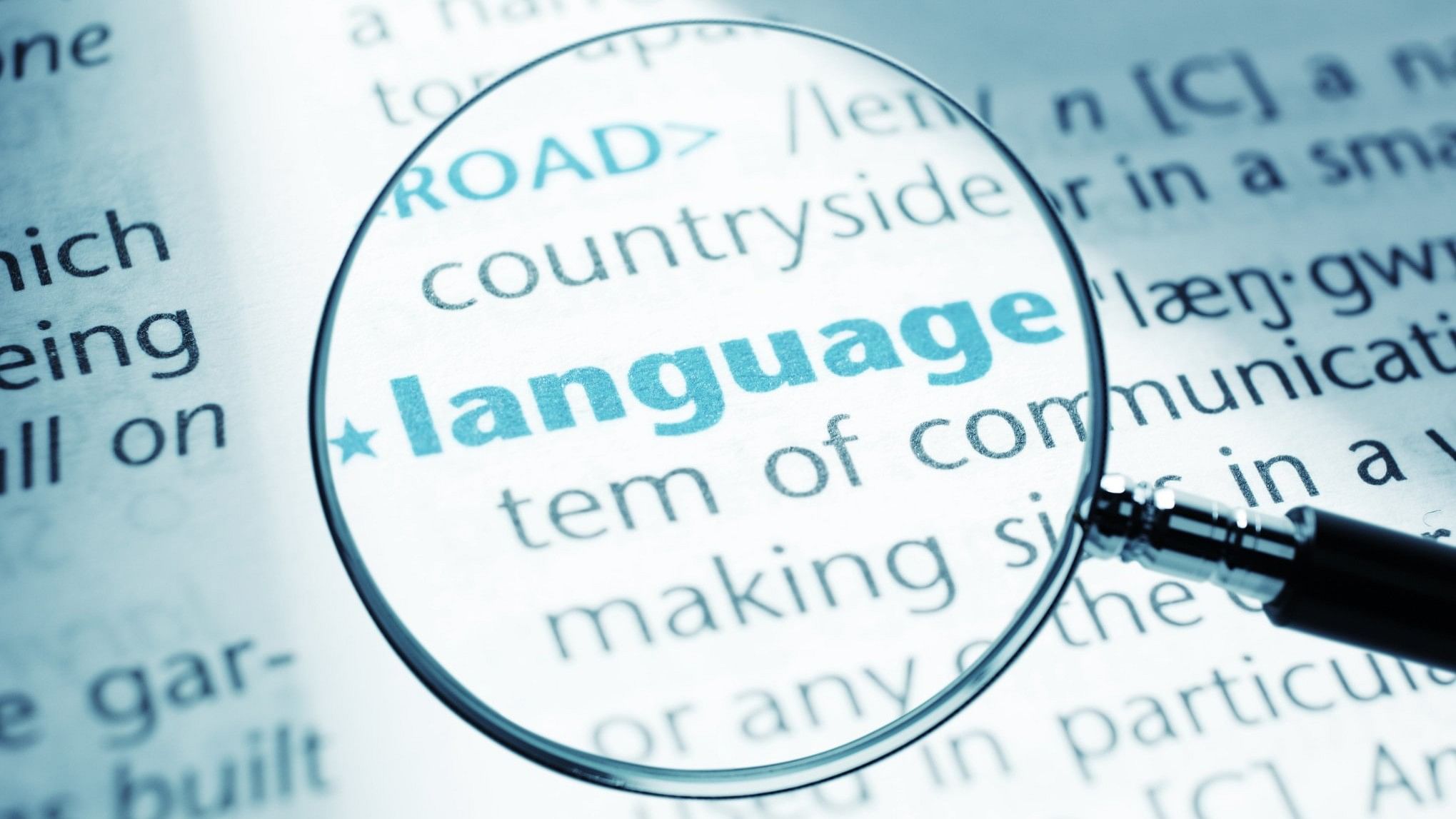
Representative image
Credit: iStock Photo
Those who vehemently oppose getting better at speaking the English language could do well to take the time and make the efforts to understand the implications of incorrect use of the language. I am not against vernacular languages; they are beautiful, each with its own words and phrases for expression and nuances that cannot be copied by another language. I love the sound of a few, and I have begun learning to speak them from my colleagues and neighbours. Yet, I believe if you speak (or write) English, then you better do it correctly, if not excellently. I agree that “Whatever is worth doing at all is worth doing well,” as written by Philip Stanhope.
We know the adverse effects of conversing incorrectly, and they apply to the English language too; embarrassment and strained relationships are only a few that come to mind now. Let me explain with some real-life examples—these are not concocted ones.
A very vivid example belongs to the time when we used Lotus Notes for internal communication at the workplace. One fine day, when I had an issue with sending or receiving emails, I approached customer care, and he promptly asked me, “Please send your extinction number,” which left me wondering when I would go extinct. Obviously, he meant the extension number of the cubicle I worked in.
Another incident reminds me of the time when the large Madiwala Lake had just been rejuvenated, thanks to the concerted joint efforts by the local citizens and the government. An overjoyed neighbour shared the good news by email: “The Madiwala Lake has just been rejuvenated. No more insanity in the lake.” I could understand his enthusiasm and relief (from mosquitoes) post-lake treatment, but to this day I am not able to digest how the lake could have been insane. Only after I pointed out the blooper to him privately, he ‘issued’ an apology on email: “It’s ‘Insanitation’ in place of ‘insanity’. Inadvertent error is regretted.” I wonder how many got it.
I am grateful to my high school English teacher, who patiently answered my questions, clarified my doubts, and even encouraged me to write. I staunchly believe prowess in speaking a language comes not with esteemed qualifications or the place of one’s education. It comes to the person who loves the language and goes after it. My mother, who could not complete 10th standard picked up and spoke the language quite well in her 60s when her grandchildren started speaking English alongside their mother tongue at home.
Grammatical errors are pardonable to a certain extent, but when the conversation or correspondence means something totally different, I am compelled to doubt the authenticity of their educational qualifications. Let me illustrate my point. An HR executive reported that she had conducted a self-defiance course for the junior employees; kudos to the ones who got it right. She meant a self-defence course. It was not an error of autocorrection because she had typed it and sent it to me, unaware that it was a grave error.
Many a time, I write back to the person and point out the error so that they stand corrected. Whether they learn to be careful in the future or not will determine whether their language skills improve or stagnate.
I give below only three points drawn from personal experiences to avoid the wrong usage of the language.
Use simple language unless you are very sure of what is being used; “call me” is better than “give me ring” (where is the article A?)
Double-check the decorative usage of words. When I asked the young intern when my article would be published, he replied that it would be soon, asking “to bare with me.” I could not help him from feeling embarrassed when I explained what his line actually meant.
Use shorter sentences if longer sentences get all knotted up. I was clueless about when to visit my business partner when he asked me to visit him before post-lunch. He had to just say morning or afternoon. My head reels in confusion when I hear some people say to me, “Unless and until I don’t have my tea, I am not able to focus on my work in the mornings,” whereas they meant just the opposite.
English is a beautiful language and offers itself to varied forms of expression. It can be a very effective tool for conveying the right things in the right way. All that is required to master it is some love and consistent practice.